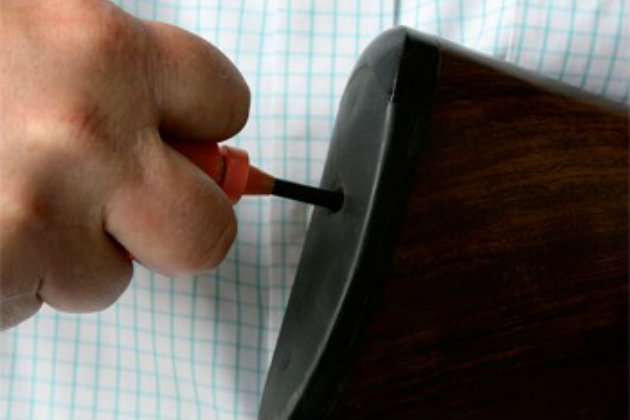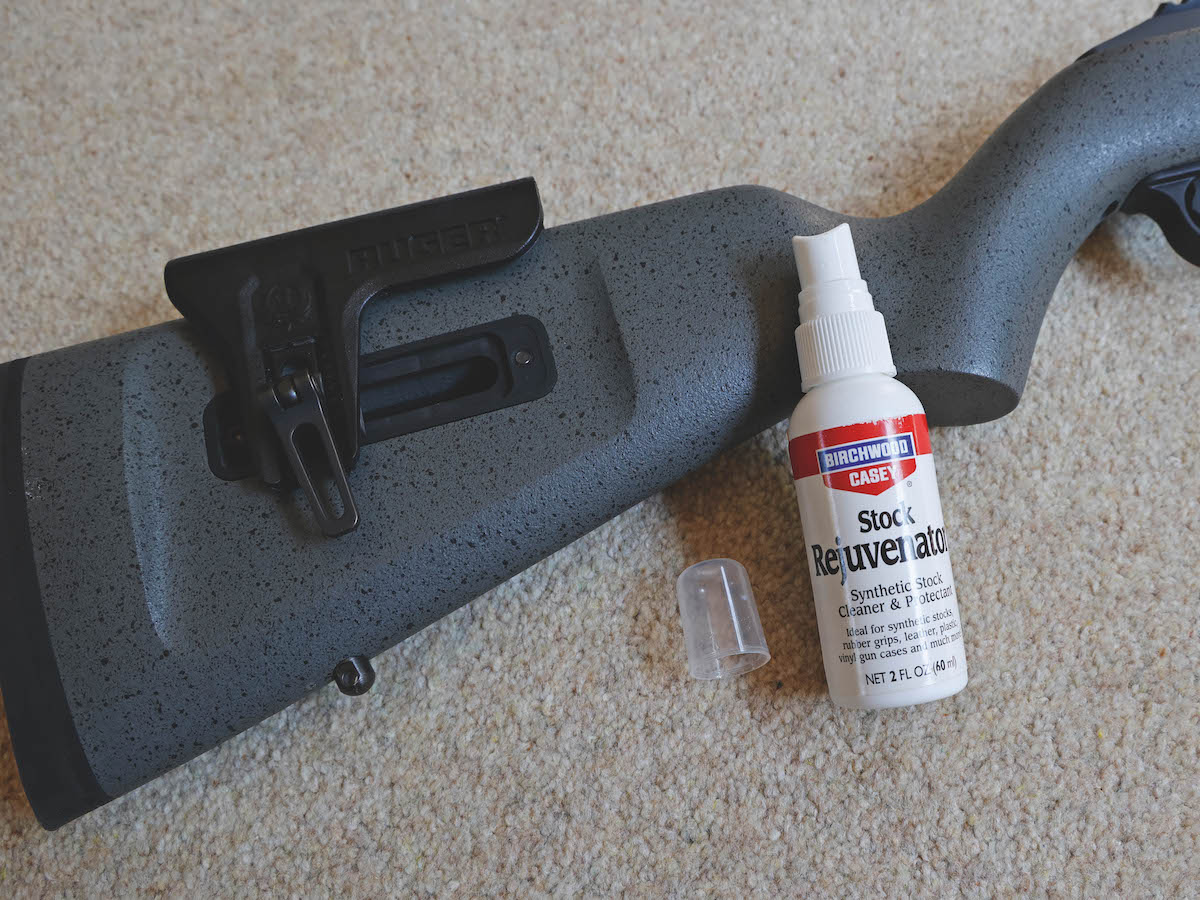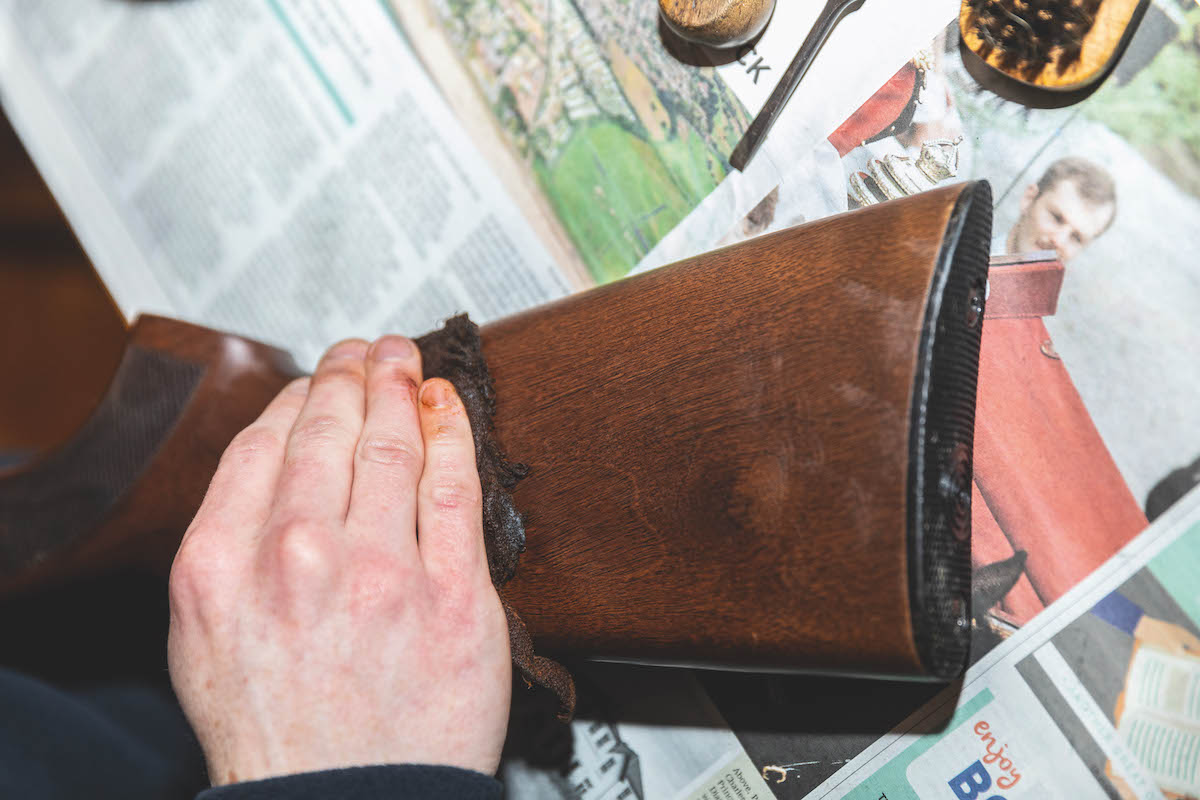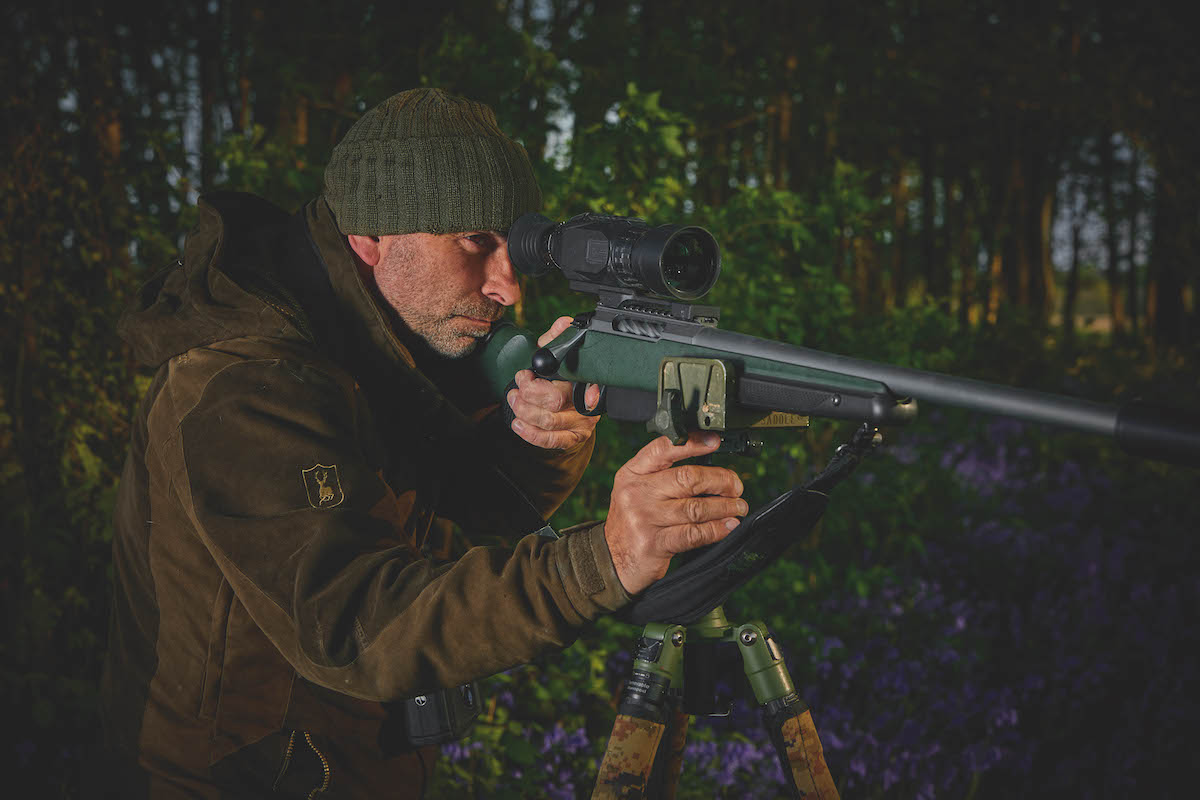How tight must the stock and scope screws on my gun be?
A reader wants to know what's best for accuracy

Q: I have been told that I need to keep my stock and scope screws at the correct torque setting for best accuracy. What is this and how do I achieve it?
A: Tightening rifle and scope screws to hold or grip an item securely can greatly influence the way a rifle performs. To maintain correct tension on the screws, I use the Brock and Norris adjustable torque driver. The simple tool uses the standard 1/4in hex bits used in most power tools at home.
- Separate the two pieces of the hex tool holder and locate one of the six available holes in the torque driver handle. Each represents 25, 30, 35, 40, 45 or 50in/lb settings.
- Decide on the torque setting for your rifle. For example, you need 15lb-20lb for scope screws, so use the 25lb setting or 30lb torque for scope bases. For rifle stock screws in a wood or fibreglass stock use 40lb or up to 50lb for bedded stocks with synthetic materials (aluminium requires less torque).
- Place the hex bit in the screw you are tightening and hold the torque driver only by the grey handle. When the desired torque setting is reached the handle disengages and rotates 90° so no more force is exerted and the exact torque setting is reached.
Is a wooden or synthetic rifle stock best? And what about laminates?
I am undecided as to whether to go for a wood stock or one made from a synthetic material. What…
How to check the stock on a side-by-side shotgun
Gun fitting: I am toying with the idea of buying a gun with a skeleton adjustable stock so that I…

Stock length of your rifle must be right for your physique
Q: Is there a good reason to torque set my rifle’s stock and scope screws, as with a car or motorbike?
A: Yes, very much so. With rifle shooting it is all about consistency. Having the rifle perform the same way every time greatly contributes to your accuracy.
The stock and scope are ‘attached’ to the barrel and action, as it were, so they have to be securely and precisely fitted. This means it is essential that the screws be set at the correct tightness or torque. You can own the best and most expensive rifle and mount the latest scope, but if you fail to tighten the stock screws or scope mounts correctly, you may not achieve your rifle’s potential. A loose screw will cause inconsistencies and it can be dangerous. It can damage your rifle, too.
One area that is often overlooked is how tight — or loose — you secure the stock to the rifle’s metal work. This applies to all types of rifle, whether bedded directly to the wood, or with an artificial bedding compound.
An inexpensive torque tool, such as a Fat Wrench from Norman Clark Gunsmiths, is a simple cure to accurately tighten all your firearm’s screws. The recommended torque settings for wood or fibreglass stocks without pillar bedding is 40in/lb. With pillar bedding it is 65in/lb. My advice is to experiment with different settings to achieve the best accuracy.
Scope mounting screws should be set at 15in/lb to 20in/lb for steel rings, while aluminium ones need only 10in/lb to 15in/lb. Base mounts should be tightened to 30in/lb.










